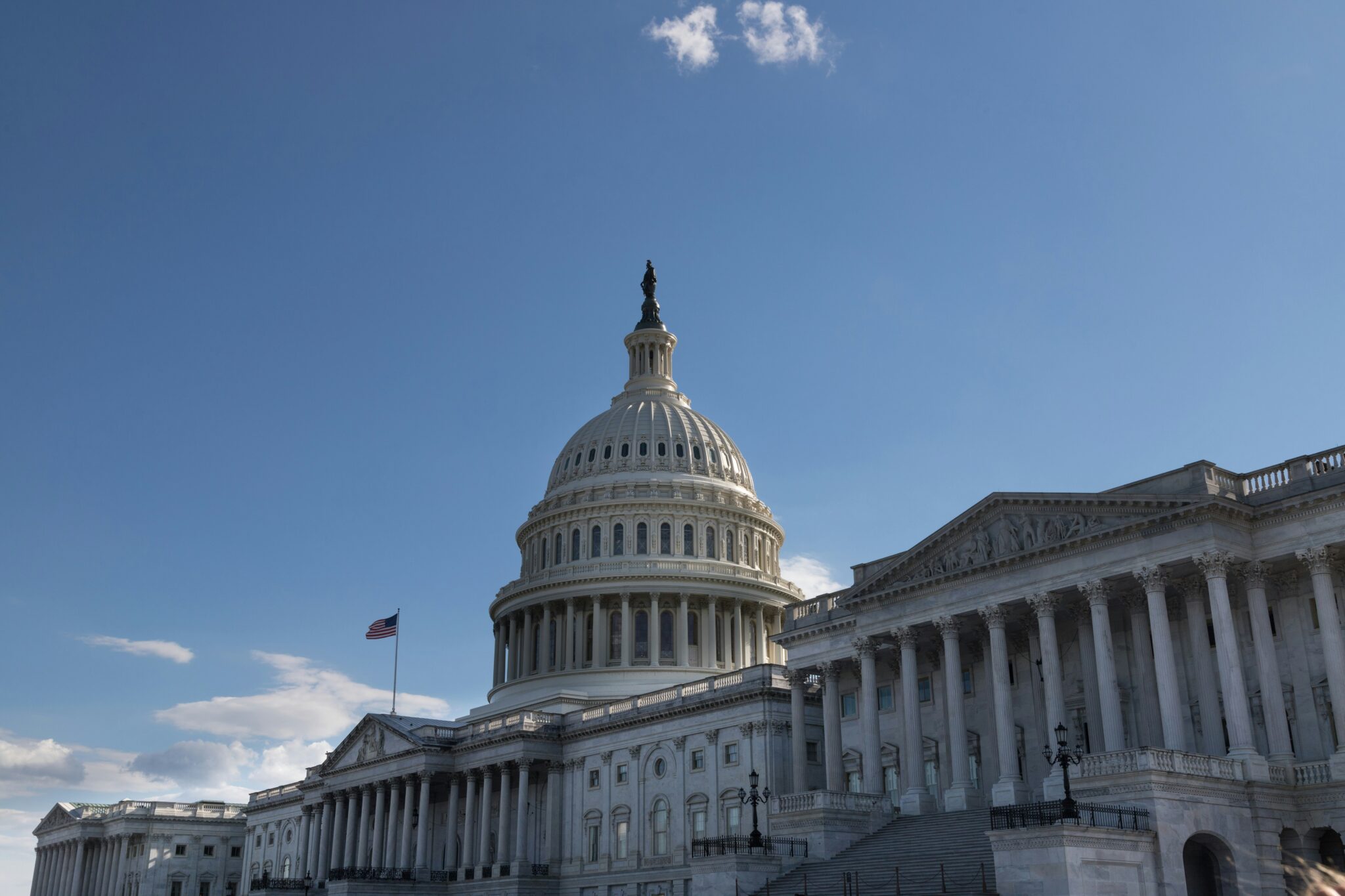Tomorrow morning, the Bureau of Land Management will hold another lease sale of federally owned coal. And it’s going to be a lousy deal for taxpayers.
Last September, Taxpayers for Common Sense did a report on the systemic problems of the federal coal program, which effectively lets coal companies draw the tracts they want to lease. This practice, not surprisingly, results in few competitive bids for new leases and leads to below-market returns for taxpayers. In this case, Bowie Resources is lining up the rights to more than 8 million tons of publicly owned coal on a tract in Colorado called Spruce Stomp. That Bowie would win the rights was little surprise, as the 1,789 acre tract runs immediately adjacent to some of its existing leases.
While this kind of lease sale is the norm today, it wasn’t always like this, or at least it wasn’t supposed to be. After World War I, Congress enacted the Mineral Leasing Act of 1920, creating leasing systems for federally owned deposits of war-related minerals. In the 1970s, Congress added a requirement that lease sales be competitively bid and that no bid should be accepted that doesn’t represent fair market value. And yet, while this is still the law of the land, competitive bids are rare, and below market bids are not.
Since 1990, “most lease sales have had a single bidder,” says the Government Accountability Office. Last year, the inspector general at the Department of Interior, “identified lost bonus revenues of $2 million in recent lease sales and $60 million in potentially undervalued lease modifications.”
Spruce Stomp is located in the North Fork Valley, where coal mining has been a feature for a century, for good reason. The coal here has a high British Thermal Unit output, but is still low in sulfur. It should be easy to find bidders, especially when the Bureau of Land Management underestimates the value of the coal by ignoring foreign markets. Energy-starved China and other Asian markets, where about one-quarter of all our exported coal is going, are paying more for coal than the U.S. market, but pricing for leases on federal lands is based solely on domestic prices. So coal companies like Bowie focus on exports. Last June, when the company announced the creation of a new venture called Bowie Resource Partners, its new chairman said, “We see this as an opportune time to position ourselves … to be out in front of an anticipated renewed global interest in Western U.S. coal,” citing, “our recent development of significant West Coast export throughput capacity.”
The U.S. Energy Information Administration reports 114 million short tons of coal were exported during 2013, compared to 79 million in 2008. However, the GAO reported last year that, “BLM may not be factoring specific export information into appraisals or may not be fully considering the export potential of a lease tract’s coal as called for in agency guidance.” In December, the inspector general respondedto an inquiry from Sen. Ron Wyden, D-Ore., saying the Bureau of Land Management offices in Colorado, where tomorrow’s sale is occurring, had not complied with legal requirements to capture fair market value for coal lease sales, and that Colorado was among the states where coal is being mined for export.
In our report, we made several recommendations to ensure taxpayers receive fair value for the coal resources they own, including:
- The Bureau of Land Management’s methods for appraising fair market value must be reviewed and evaluated. Congress should either obtain an additional GAO review or require external audits of each fair market value appraisal and minimum bid calculation prior to future lease sales.
- Congress must ensure royalty payments are not based on a low domestic price of the sale/transfer from one corporate subsidiary to another, which then sells the coal abroad for a much higher price.
- No pending or new lease sales should be completed until ongoing investigations are finished and all recommendations are considered and implemented, particularly those recommendations that affect fair market value appraisals.
There is no good time to just give away taxpayer assets, but this practice is particularly galling in this time of fiscal constraint. Congress devotes lots of energy to fighting over how to find enough money to pay for everything from bolstering the Highway Trust Fund to fixing the Department of Veterans Affairs to responding to wildfires to dealing with the dramatic increase of underage immigrants at the border. It’s time lawmakers spent some of their energy on figuring out how taxpayers can get paid a fair price for the resources we own.










